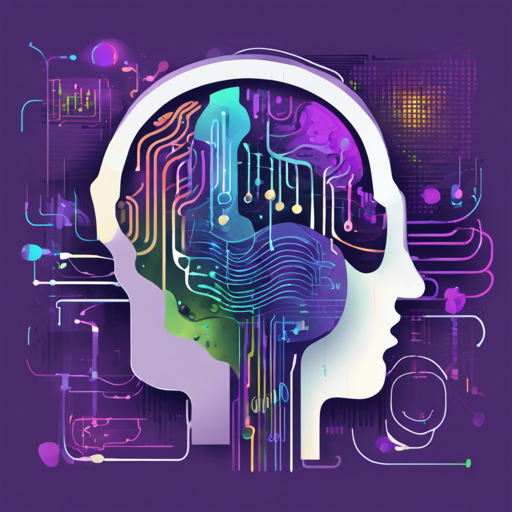Welcome to the world of Muzic, a cutting-edge research project powered by deep learning and artificial intelligence, designed to enhance our understanding and generation of music. Inspired by the creative forces behind the magic of melodies, Muzic promises to revolutionize how we engage with music technology.
What is Muzic?
Muzic, pronounced as [ˈmjuːzeik], was born out of the brilliant minds at Microsoft Research Asia. The initiative combines the wonders of artificial intelligence with music, producing systems capable of understanding and generating complex musical pieces. But this isn’t just a solo endeavor; Muzic has drawn support from external collaborators, making it a well-rounded project.
Understanding the Components of Muzic
The projects under Muzic manifest in two primary domains: Music Understanding and Music Generation. Each plays a crucial role in unraveling the intricacies of music and applying AI to create rich, emotional experiences.
- Music Understanding:
- Music Generation:
- Song Writing
- SongMASS for lyric-to-melody and melody-to-lyric
- DeepRapper for lyrical generation
- MeloForm for music form generation
- GETMusic for versatile music track generation
How to Get Started with Muzic
If you’re interested in diving into the world of AI music, here’s how you can get started:
1. Set Up Your Environment
Ensure that you’re on a Linux operating system. The Muzic project has been tested on Ubuntu 16.04.6 LTS with CUDA 10, using Python 3.6.12. To install the required packages, follow these steps:
bash
pip install -r requirements.txt
2. Explore the Code and Resources
The code for various research projects under Muzic is publicly available. You can find the detailed README files in their respective folders for instructions on how to utilize them effectively.
Understanding the Code through Analogy
Imagine Muzic as an orchestra, where each section (strings, brass, woodwinds, percussion) represents a different part of the AI framework. Just as an orchestra harmonizes to produce beautiful music, the various components of the Muzic project come together—like SongMASS analyzing lyrics and GETMusic generating tracks—to compose stunning musical pieces. Each part plays its unique role but must collaborate seamlessly with others to create a masterpiece. This collaboration mirrors how Muzic utilizes AI to understand and generate music in a sophisticated manner.
Troubleshooting
If you run into issues while setting up or using Muzic, here are some troubleshooting tips:
- Ensure your system meets the project requirements.
- Check that all dependencies are installed correctly using the pip command provided.
- If your installation fails, consult the README files in the relevant folders for specific troubleshooting steps.
- Reach out for help from collaborators by visiting the GitHub repository or utilize community forums.
For more insights, updates, or to collaborate on AI development projects, stay connected with fxis.ai.
What’s New in Muzic?
Exciting developments are continuously emerging from the Muzic project, including:
- CLaMP winning the Best Student Paper Award at ISMIR 2023!
- The release of MusicAgent for advanced music processing.
- Introduction of MuseCoco as a music composition copilot for generating symbolic music from text.
Conclusion
As the Muzic project forges ahead, it continues to inspire and innovate within the realms of AI and music technology. At fxis.ai, we believe that such advancements are crucial for the future of AI, as they enable more comprehensive and effective solutions. Our team is continually exploring new methodologies to push the envelope in artificial intelligence, ensuring that our clients benefit from the latest technological innovations.

